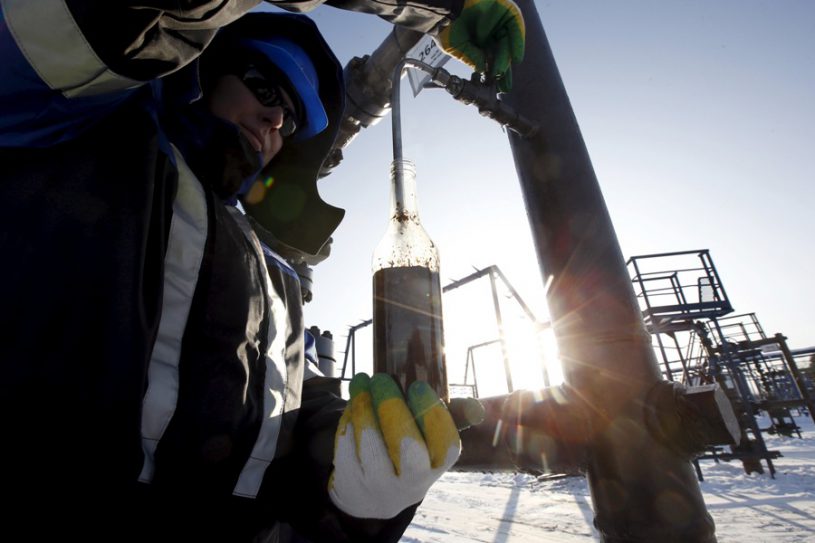European Union countries are negotiating a deal on Russian oil sanctions that would embargo shipment deliveries but exempt oil delivered by pipeline to win over Hungary and unblock a sixth package of measures against Moscow, officials said.
An agreement could be reached by ambassadors of EU member states in Brussels on Sunday, on time for their leaders to agree at a May 30-31 summit, one of the officials said.
"The idea is to split the oil embargo into pipeline and seaborne deliveries," another official said. "Pipeline would get an exemption for some time to organise a replacement."
Hungary's resistance to oil sanctions - and the reluctance of a handful of other countries - has held up implementation of a sixth package of sanctions by the 27-member EU against Russia over its invasion of Ukraine.
The sanctions proposed by the European Commission, the EU's executive, require the unanimous support of all member states and landlocked Hungary, which is heavily reliant on Russian oil imports via a pipeline, has been blocking them.
Hungarian Prime Minister Viktor Orban told other member states in a letter this week not to attempt to agree the oil embargo at the summit in the absence of unanimity.
His chief of staff, Gergely Gulyas, told Reuters on Thursday that Hungary needed three and a half to four years to shift away from Russian crude and make huge investments to adjust its economy.
Hungary has said it would need about €750 million (US$804 million) in short-term investments to upgrade refineries and expand a pipeline bringing oil from Croatia.
It also said the longer-term conversion of its economy away from Russian oil could cost as much as €18 billion, and it is looking to the EU to provide the funds for such a transition.






















